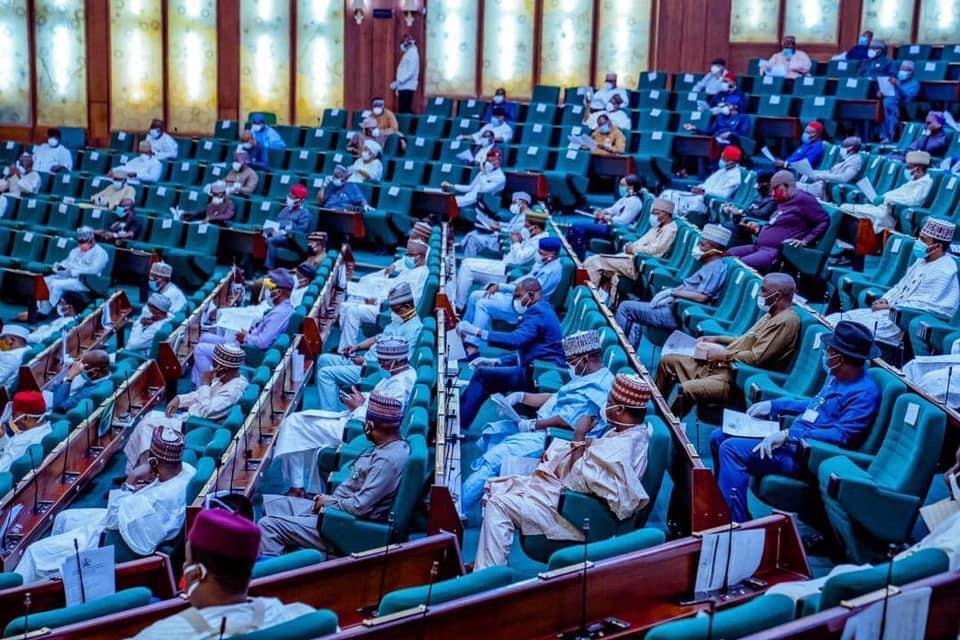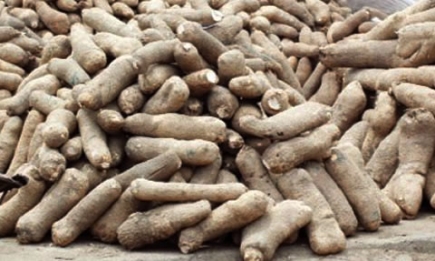From Ngozi Omah, Awka
The Nigerian Export Promotion Council (NEPC) has expressed its desire and efforts towards the return of the nation’s agriculture dominated economic past with massive groundnuts pyramids in the North; huge Palm produce in the East; Cocoa and Rubber/Timber revolution in the West and Mid-West regions respectively.
This, according to the Head of the Anambra State office of the Council, Mrs Jane Ego Ohiri remains key part of their drive towards sustained diversification of the nation’s economy through expanding and increasing of the non-oil exports for a surefooted general economic growth. That it’s reason NEPC has been going round sensitizing and training rural women farmers especially on certain commercial agriculture produces/production.
Mrs Ohiri at a seminar organized for Anambra Small and Medium Enterprises (SMEs)at the Abatete Civic Centre in Idemili North Local Government Area of the State urged them to get back to the land and get busy with their hands for local needs and export.
The well-attended seminar which was jointly organized by Madam Chinyere Ibezim and Mrs Tonia under the Women-Girl Child Poverty Eradication Nigeria Initiative in conjunction with Ifemelumma Cooperative Society was to come in phases, so as to get all rural women sensitized, trained and engaged in money-yielding ventures as added source of income for sustenance of their families and the society.
Admiring some of the completed tailoring, weaving and beading products; as well as some agricultural output including palm oil, crayfish, dried/smoked fish packaged by some of the participants, Mrs Ohiri who went round the stands with some of the women leaders said that the Council was aimed at getting every citizen especially the women become fully engaged and self reliant.
She stated that her office has continued to tour the state sensitizing, training and providing very substantial grants to SMEs, women and those under cooperative groups to strengthen, expand and diversify their endeavors.
While commending those that displayed some of their products, the Head of the Anambra office of NEPC charged all the participants to attend the next seminar with their own products. That it’s then she would know they absorbed her messages.
According to her, “we are committed towards promoting steady increase of non-oil exports. That’s why we organize these trainings, capacity building, seminars and workshops.
“We are encouraging all citizens and SMEs to endeavor to be self-reliant, just like in the past -groundnuts pyramids in the North, Palm produce in the East, Cocoa and Rubber/Timber in the West and Mid-West respectively.
Ohiri disclosed that all companies involved in export business have been mandated to register with the Council and obtain Export Certificate. That the registration and printing of the generated certificate are done online without going through any middleman or agent at all. That payment was done in any bank of one’s choice.
She warned that any Certificate obtained through a third party would be rejected, hence valueless. But that anyone is free to approach her office for further clarification at any stage.
The women, Mrs Ohiri noted, enjoys a special “Support for Women”, but that all participants must register with the NEPC, and are free to organize themselves in groups under cooperative so as to qualify for grants.
Under this Support for Women, “you can also request for experts from their office or other cooperating partners to come and teach/train you in any chosen area, free. We recently organized such special training for Palm oil production in Awka, when experts from the National Institute for Oil Research (NIFOR) came and taught participants.
She pointed out that any registered export participant who runs into any difficulty would be sorted out by the Federal Government, even if it’s with the foreign partners. Virtually all products that were hitherto looked down upon by the citizens were now exportable and yield huge returns in hard currency -pepper, orange, cucumber, zobo, uda, cocoa yam, different vegetables, potato, yam, cassava chips/pellets/flour/tapioca/garri/starch/glucose, kola-nuts, cotton fibers, cashew nuts, cocoa beans, gum Arabic, Egusi, sesame seed, lemon grass, shea nuts/butter, aloe Vera, bitter kola, ginger, coffee, etc. There are also service exports like native medical Doctors, Consultants, Nigerian wears, Tailors, actors/actresses, hair weavers, Nurses, Nannies, etc.
She disclosed also that the Council would assist in providing off-takers for any product.
She used the opportunity to list out the items on the export prohibition list. They included timber, hides/skin, live animals, masquerades






